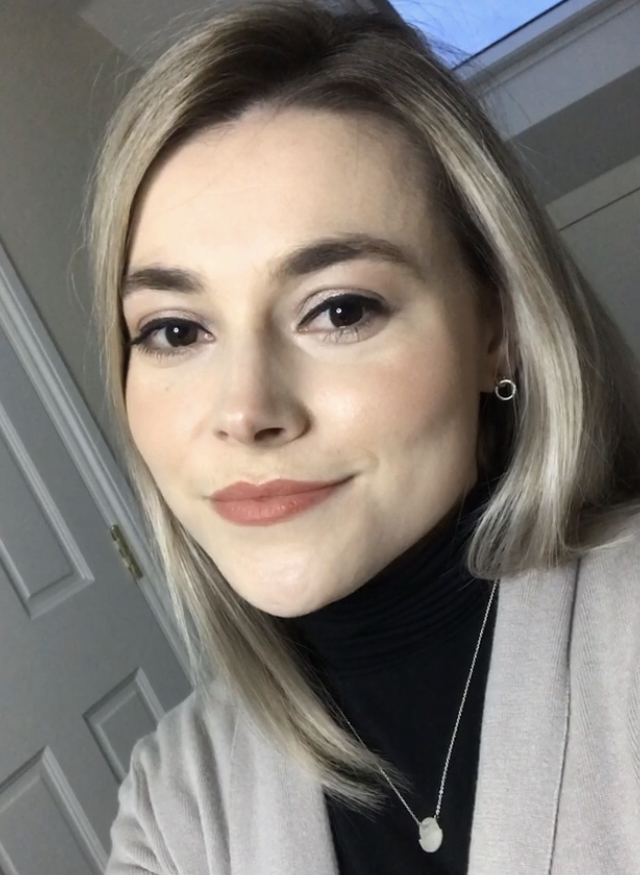One term you might have heard more of lately is ‘neurodivergent’. It’s an umbrella term for a range of ways in which some people think differently – for example, if they have an autism spectrum disorder or ADHD.
In general, we’re getting better at celebrating the diversity of thinking and skills people bring to their lives and work. Education systems are also adapting to better include and support neurodivergent children. But there’s still a way to go to before we get to a level of understanding, awareness, and acceptance that translates into real inclusion for all.
At the LEGO Foundation, we’ve launched the Play for All accelerator to support organisations who are designing learning through play programmes for neurodivergent children. In order to do so, we work in partnership with consultants who offer lived experience, which helps us design the programme and mentor the organisations who apply for funding. One of our educational needs and disability consultants, Rosie, was diagnosed with dyscalculia, dyspraxia, and ADHD in her early 20s. We asked her about her experiences, and what we can do to unlock every child’s potential.

